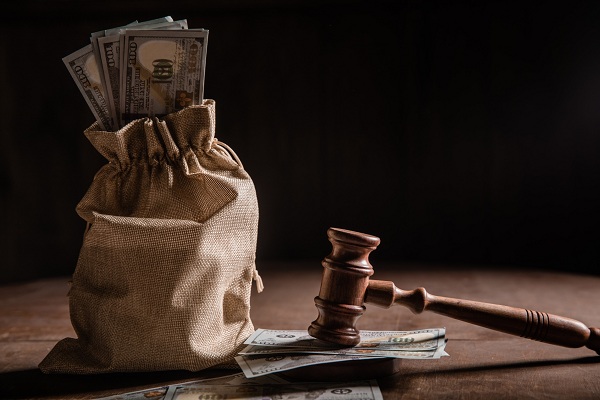
- British Virgin Islands court orders freeze, alleging founders’ role in $3.3B 3AC debt.
- Once celebrated, 3AC founders face prison, regulatory bans, and damaged reputations.
- Singapore had also issued a domestic freeze order on the founders in September.
The co-founders of Three Arrows Capital (3AC), once a crypto hedge fund giant, find themselves entangled in a legal web after a British Virgin Islands court issued a sweeping order, freezing over $1.14 billion in assets belonging to Su Zhu, Kyle Davies, and Davies’ wife, Kelly Chen.
The freezing of assets is a stark consequence of 3AC’s 2022 collapse and ensuing $3.3 billion debt, coupled with allegations of founders exacerbating the fund’s financial downfall.
Teneo’s claims against 3AC founders
Following the ruling in British Virgin Islands Su Zhu, Kyle Davies, and Kelly Chen are now prohibited from transferring or selling the assets totalling a staggering $1.14 billion. This move comes as a response to claims by liquidator Teneo that the founders played a role in 3AC’s financial deterioration, justifying the freezing order.
Three Arrows Capital, once a leading force in the crypto hedge fund landscape, met its downfall in 2022. The fund, headquartered in Singapore, succumbed to a combination of ill-fated investments and the broader market crash triggered by the collapse of Terra LUNA. Failing to meet margin calls from lenders, 3AC filed for bankruptcy in the British Virgin Islands.
Teneo, overseeing the closure process, accuses founders Zhu and Davies of non-cooperation, complicating the liquidation. It estimates the debt owed to creditors at approximately $3.3 billion.
Notably, this freezing order is not an isolated incident, as Singaporean authorities had previously imposed a domestic freezing order, leading to Su Zhu’s arrest in September. The Singapore Court’s involvement, with a domestic freezing order and subsequent legal actions, further underscores the severity of the situation.
Zhu and Davies now grapple with tarnished reputations and regulatory bans in Singapore and the British Virgin Islands.

